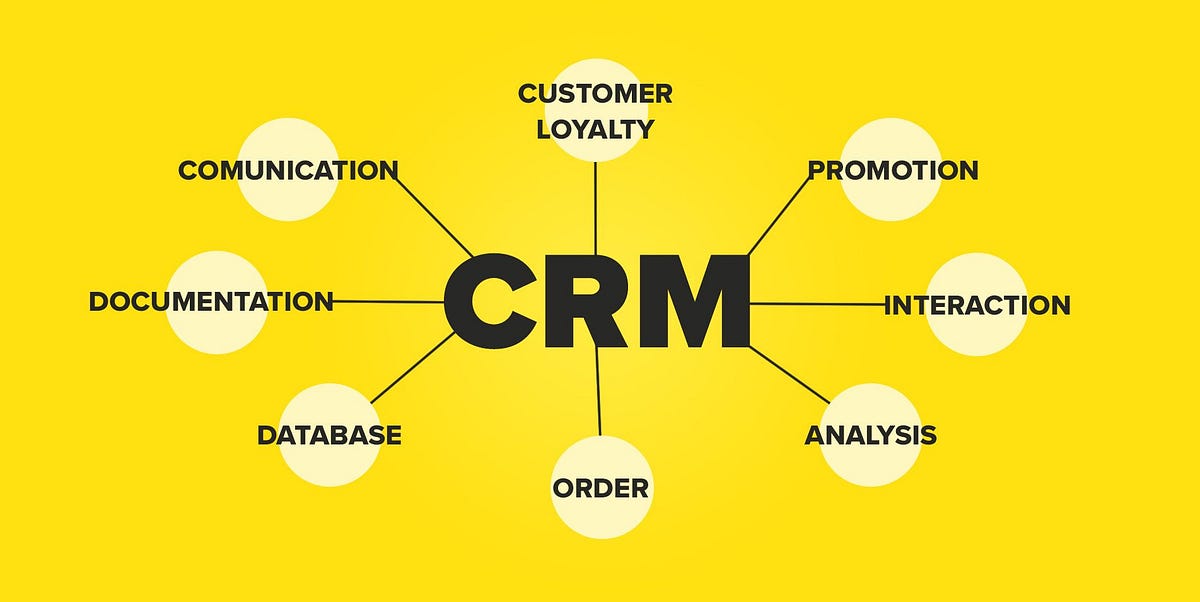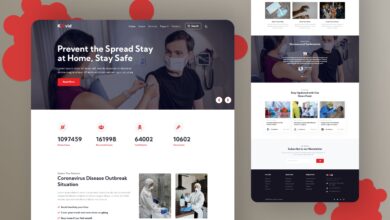Customer Relationship Management Tips
Hey there! Today, let’s dive into an essential aspect of running a successful business: Customer Relationship Management, or CRM for short. Whether you’re a small startup or an established enterprise, understanding CRM can significantly impact your relationship with customers and, ultimately, your bottom line. So, grab a cup of coffee, and let’s explore everything you need to know about CRM!
What is Customer Relationship Management (CRM)?
At its core, Customer Relationship Management is all about understanding, managing, and nurturing your relationships with customers. It’s a strategy that encompasses practices, technologies, and services aimed at improving interactions with current and potential customers. The main goal? To enhance customer satisfaction, build loyalty, and drive sales growth.
Key Elements of an Effective CRM Strategy
An effective CRM strategy comprises several key components:
- Customer Data Management: Collecting and organizing customer information is crucial. This includes contact details, purchase history, and preferences.
- Communication: Engaging with customers through various channels—email, social media, or direct contact—ensures that they feel valued and heard.
- Customer Support: Providing exceptional support through timely responses and solutions to inquiries fosters positive experiences.
- Sales Management: Tracking leads and managing sales pipelines is essential. CRM software often includes features for monitoring prospects through the sales process.
By integrating these elements into a cohesive CRM strategy, businesses can better understand customer needs and preferences, paving the way for more effective interactions.
Why is CRM Important?
Now that we have a clear definition of CRM, let’s discuss why it’s so vital for businesses today.
Benefits of a Robust CRM System
- Improved Customer Satisfaction: A well-implemented CRM system helps streamline communication and ensures that customers receive personalized service. According to a study by Salesforce, 70% of customers say a company’s understanding of their personal needs is the most important part of their overall customer experience.
- Increased Customer Retention: Retaining existing customers is often more cost-effective than acquiring new ones. With CRM, businesses can analyze customer behavior and preferences, allowing them to tailor their offerings. A report from Bain & Company shows that increasing customer retention by just 5% can boost profits by 25% to 95%.
- Enhanced Customer Loyalty: When customers feel valued and understood, they are more likely to remain loyal to a brand. A good CRM strategy helps in creating loyal customers who not only return but also recommend your products or services to others.
- Data-Driven Decision Making: CRM systems provide valuable analytics and insights that can guide your marketing strategies, product development, and customer service improvements. This data-driven approach enhances your ability to make informed business decisions.
Strategies and Best Practices for CRM
To harness the power of CRM effectively, consider implementing these strategies and best practices:
1. Personalize Communication
One size does not fit all. Tailoring your communications based on customer behavior and preferences can significantly impact engagement. For instance, using data from previous purchases to recommend related products in email marketing can lead to better sales conversions.
2. Implement CRM Software
Utilizing CRM software is a game-changer. Platforms like Salesforce, HubSpot, and Zoho CRM provide tools for managing customer interactions, automating tasks, and analyzing customer data. Choose a platform that aligns with your specific business needs.
3. Regularly Update Customer Data
Keeping customer information up to date is vital. Regularly verify and update your database to ensure accuracy, which will help in targeted marketing efforts and improve overall customer engagement.
4. Train Your Team
Investing in training for your staff is crucial. A well-trained team can maximize the potential of CRM systems, ensuring that customer interactions are handled professionally and effectively.
5. Measure and Analyze
Keep track of your CRM performance through analytics. Regularly assessing key metrics like customer satisfaction scores, retention rates, and response times can help identify areas for improvement.
Challenges in CRM Implementation
While CRM systems offer tremendous benefits, they can also present challenges during implementation and maintenance. Here are some common hurdles businesses face:
1. Resistance to Change
Employees might be hesitant to adopt new systems or processes. Overcoming resistance requires clear communication about the benefits of CRM and involving team members in the selection and implementation process.
2. Data Overload
With so much data available, businesses may struggle to analyze and utilize it effectively. It’s essential to have a clear strategy for data management and focus on relevant metrics that align with your business goals.
3. Integration Issues
Integrating CRM with existing systems can sometimes be complex. Work closely with your IT department or external vendors to ensure compatibility and smooth transitions.
4. Cost Considerations
Investing in a CRM system can require significant financial resources. Assess the potential ROI of the CRM solution you choose and ensure it aligns with your budget.
Overcoming These Challenges
- Engagement: Foster an engaging environment by educating employees about the benefits of CRM.
- Simplicity: Start with essential features and gradually expand your CRM capabilities as your team becomes more comfortable.
- Seek Expert Help: Consulting with a CRM development company can provide valuable insights, custom solutions, and ongoing support to ensure successful implementation.
Future Trends in CRM
As technology evolves, so does the CRM landscape. Here are some emerging trends and anticipated developments:
1. Artificial Intelligence
Artificial Intelligence (AI) -powered CRM systems can analyze customer data at scale, predicting behavior and providing personalized experiences automatically. This can help businesses anticipate customer needs before they arise.
2. Improved Integration
With the rise of omnichannel communication, CRM systems will increasingly integrate with various platforms and tools, providing a unified view of customer interactions across all channels.
3. Focus on Customer Experience
Businesses will continue to prioritize customer experience as a competitive differentiator. CRM systems will evolve to enhance user experiences, making it easier for companies to respond to customer needs.
4. Mobile CRM Solutions
As remote work becomes more prevalent, mobile CRM solutions will gain traction, enabling teams to manage customer interactions on-the-go.
Conclusion
Customer Relationship Management is more than just a tool; it’s a strategy that can transform how businesses interact with their customers. By implementing effective CRM practices, companies can improve customer satisfaction, retention, and loyalty, ultimately driving sales growth.
As you consider adopting or enhancing your CRM strategy, keep in mind the benefits, challenges, and future trends we’ve discussed. By choosing the right approach and tools, you can create a thriving relationship with your customers, setting your business up for long-term success.
So, are you ready to take your customer relationships to the next level? Let’s harness the power of CRM together!





